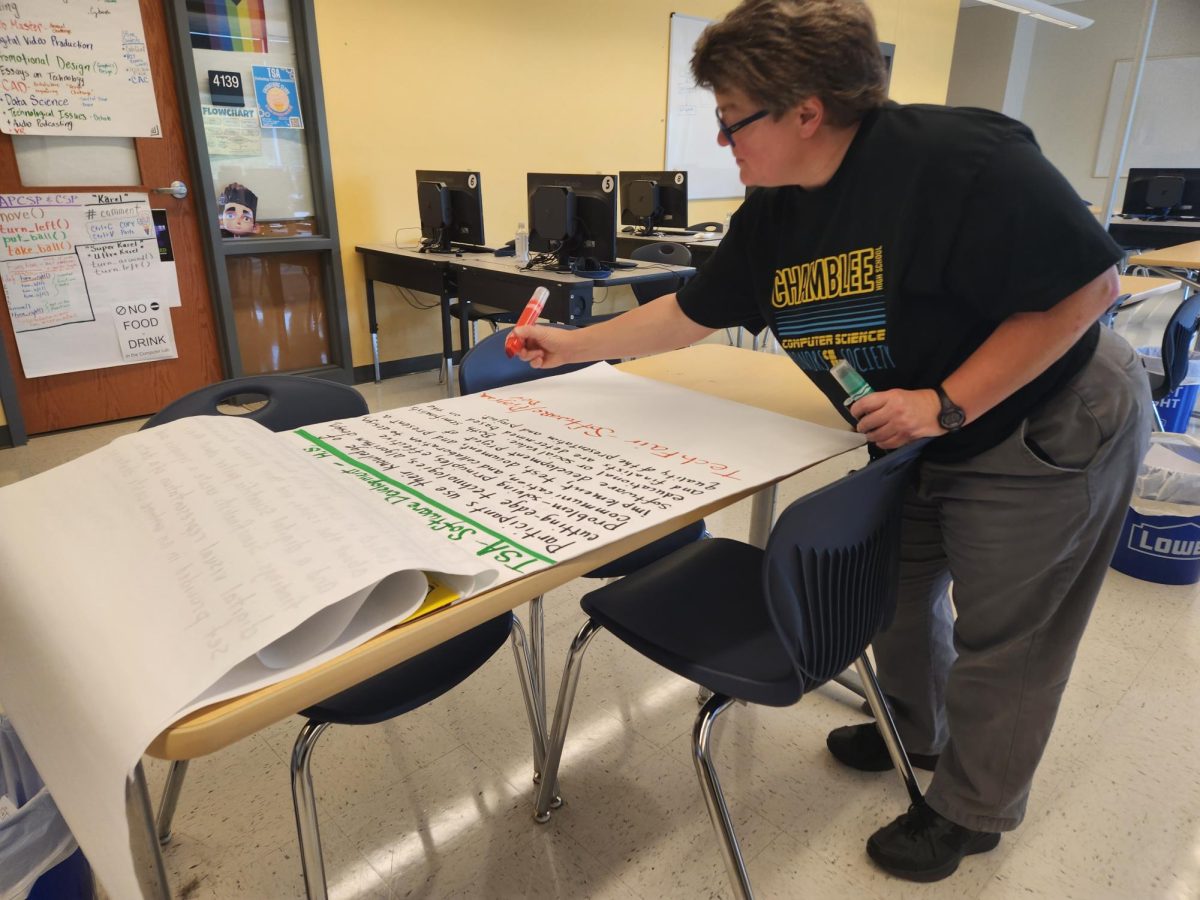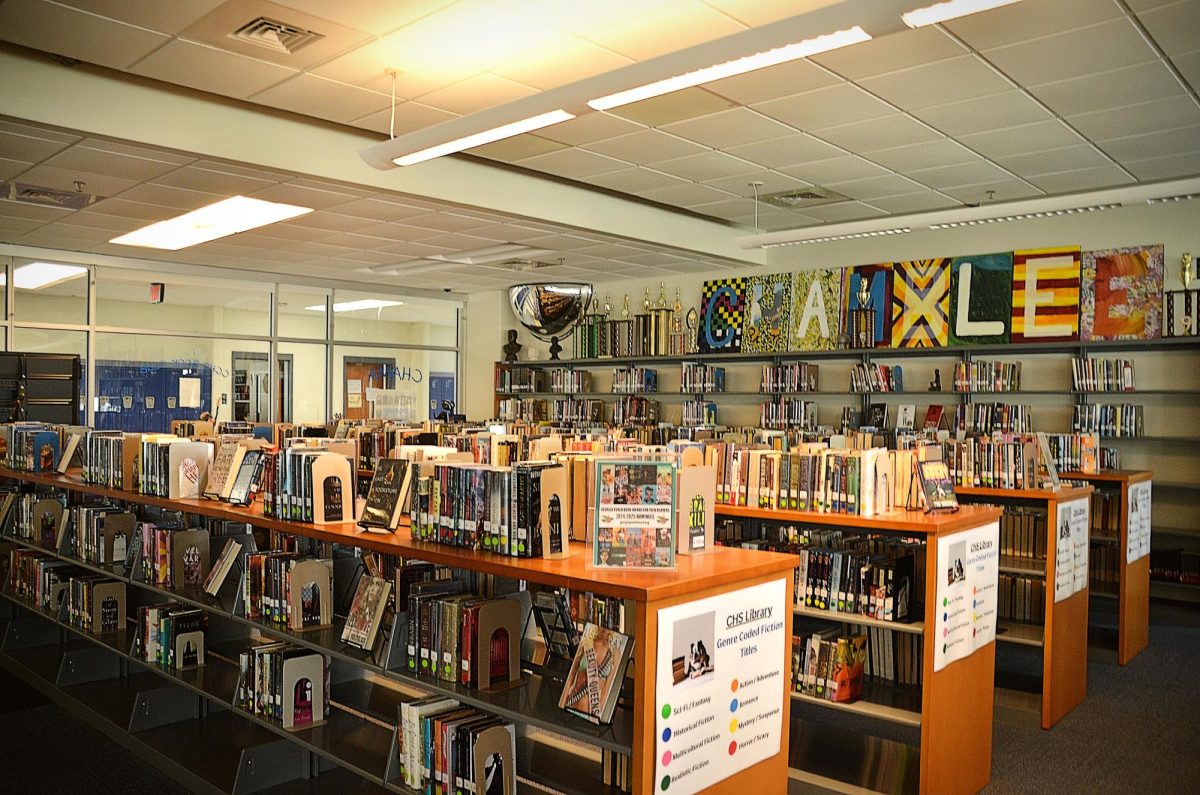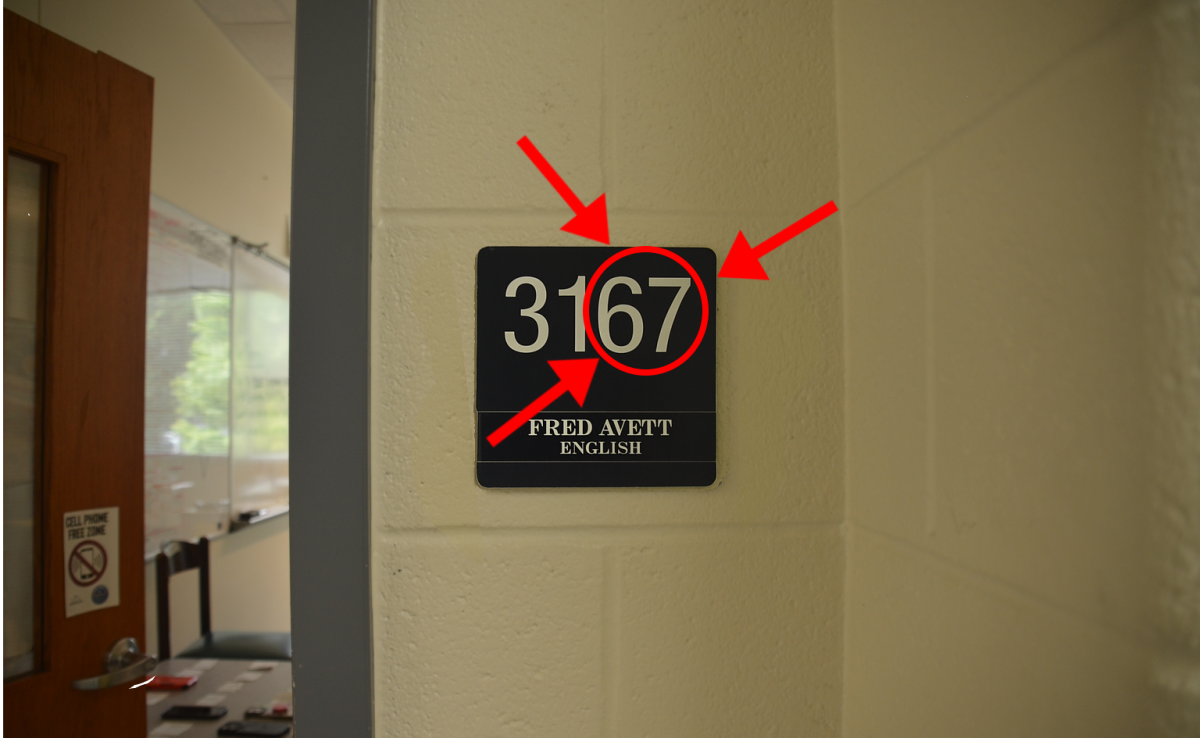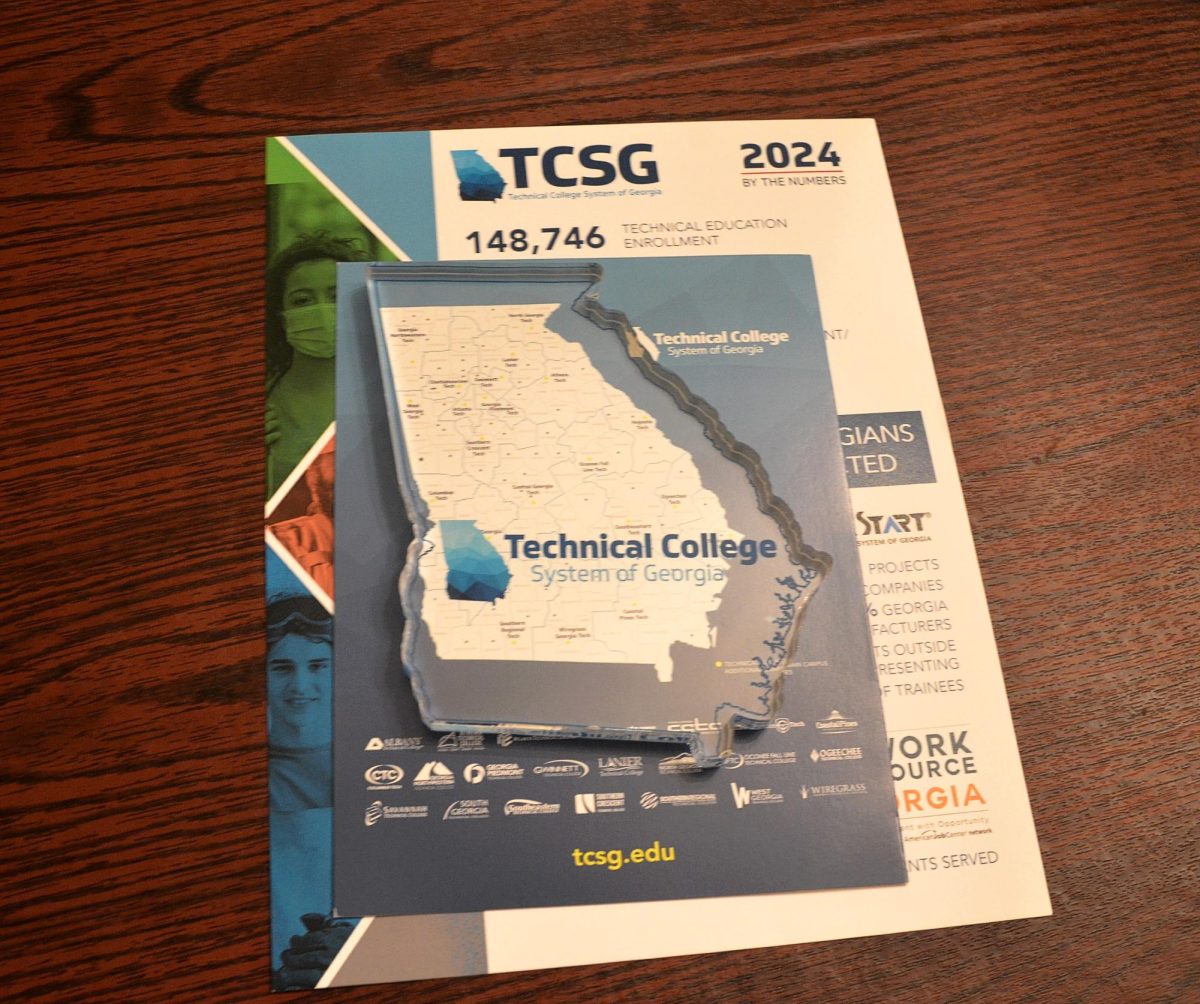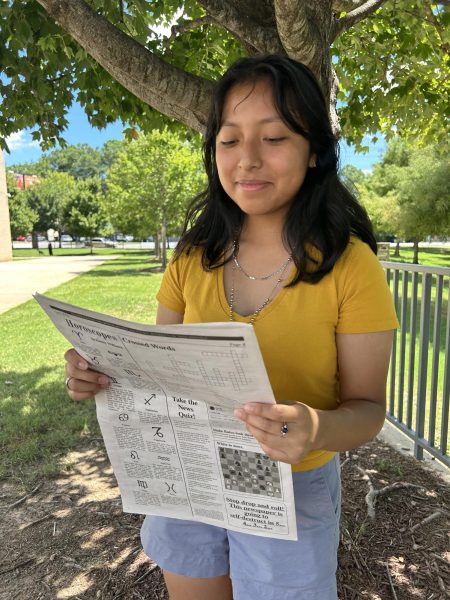What is a teacher? Is it simply a grown adult talking to a room full of kids? Someone who earned various degrees and decided to use their education to teach? Or maybe someone who is still figuring out what they want to do. To become a teacher many can, but an influential teacher, only a few can say they are.
Teachers have a great impact on students because of the sheer amount of time spent together.
“Ms. Miller, [the] computer science teacher—I took all her AP classes and she recommended me for a competition on [the] Congressional App Challenge. I won, [so] I got to go to Washington D.C. and present the presentation about my app that I created,” said Anthony De Leon Velasquez (‘24).
For teachers to be exceptional in the sense that students would say they are great teachers, they need to find a balance between being able to teach and have fun with their students.
“There’s a fine line between [being] overcontrolling and being too loose. You can have teachers that just give you assignments and don’t teach you anything, and there are others who are on you the whole time [and] give you tons of homework,” said Hannes Els (‘27).
One thing that has become a stronger concept at Chamblee High School is the level of strictness coming from teachers and the administration. While students may not always enjoy this, this does help them become productive and willing to learn. One example of this is English teacher Kimberley Nesbitt, whose strictness was effective in motivating students to learn.
“Typically, we wouldn’t [be allowed to] use our phones in that class, which I think is good [. . .] [Additionally], [Ms. Nesbitt’s] journal prompts would help us talk about ourselves and express what we feel,” said Aiyana Perez (‘25).
When doing their homework or classwork, sometimes students get stuck and are in need of help. In this case, a teacher should be able to help, but students don’t only want the answers; they expect explanations, guidance, and patience from the teacher in order to grasp the material.
“A teacher is someone who’s patient with their students and someone who’s willing to do anything to help a student process the material,” said Trenton Watts (‘24).
Students also value a teacher who goes into the material and explains thoroughly, enough so that they can understand. An example of such a teacher is Advanced Algebra and AP Precalculus teacher, Andrew Milne.
“His teaching style is pretty slow so that other students can learn how to do [math] correctly. Once the students know how to do it, he starts to pick up the pace and that’s what I like,” said Edwin Ochoa (‘24).
Milne also has the ability to incorporate humor into his teaching.
“I’ve found it very funny that whenever we get a bad grade, he doesn’t get mad at us for it, but he makes a joke out of it and actually encourages us to get better. He does say ‘You suck,’ but it’s his way of saying you can get better,” said Ronit Nemenman (‘26).
Attitude is very important too: when students aren’t feeling great, they want to come into a classroom with the teacher laughing or making jokes, as that can make all the difference.
“I like [Mr. Stephenson’s] humor and charisma. [His] teaching style is very goofy, but very attentive and descriptive,” said David Mamadu (‘24).
Another reason why students enjoy a funny teacher is because they know they feel more at ease conversing with them.
“A teacher is someone with a good sense of humor because that way, they’re less likely to overreact for no reason about something but still maintain a strict classroom etiquette,” said Garrrett Moore (‘25).
A teacher is someone who’s there for the students. Many students want a trusted adult to talk to, not just about school-related topics, but also about their other interests. Even a simple “Good morning,” “Have a good day,” and “Thank you for your hard work,” is very much appreciated by the kids.
“Ms. Chapman, from eighth grade, was always there for me, I could talk to her about anything, and she’d help me with my studies,” said Insha Hagwani (‘26).
All students recognize a good teacher—they see the effort their teacher puts in every day and enjoy the charisma of a teacher, but also notice when their teachers teach with patience, kindness, and comprehension. Students want to be inspired to do great things, and what better way to do so than from the adults who have already gleaned wisdom and are passing their knowledge on to others?
“Teaching is the sharing of knowledge, skills, and ideas with students,” said Jacqueline Quezada Perez (‘25). “[Teachers] facilitate learning of certain concepts that would be useful to them in the future.”

